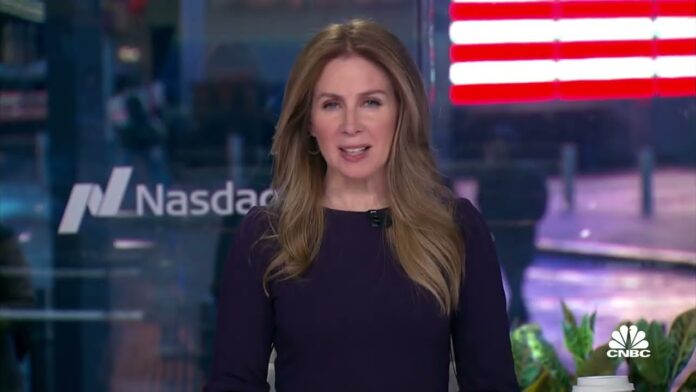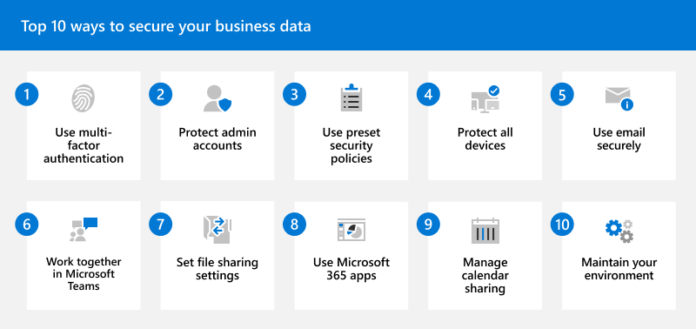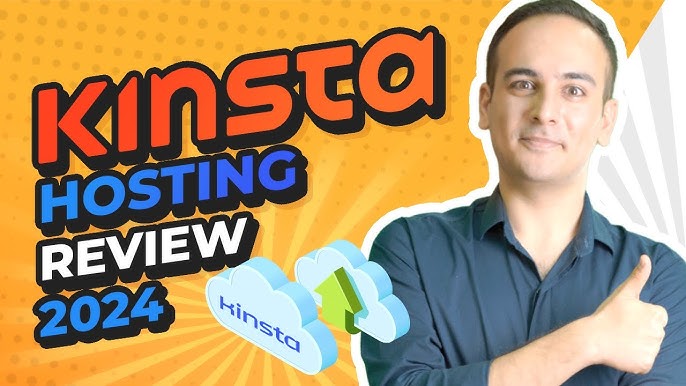As consumers, we are all familiar with the concept of inflation. We see it every time we go grocery shopping or fill up our gas tanks. Inflation is a phenomenon that affects the prices of goods and services in an economy, and it has a significant impact on our daily lives. In this blog post, we will explore the definition, causes, effects, and ways to control inflation.
Definition of Inflation
Inflation can be defined as a general increase in the prices of goods and services in an economy over a period of time. It means that the purchasing power of money decreases, and, as a result, consumers need more money to buy the same amount of goods and services. In other words, with inflation, the cost of living rises.
Inflation is typically measured by an index called the Consumer Price Index (CPI), which tracks the changes in the prices of a basket of common goods and services such as food, housing, transportation, and medical care. This index is then used to calculate the rate of inflation, which is expressed as a percentage increase or decrease in prices.
Causes of Inflation

There are various factors that can contribute to inflation, and economists often debate about its root causes. Some of the main factors that can lead to inflation include:
Increase in Money Supply
One of the most common causes of inflation is an increase in the money supply in an economy. When central banks print more money or lower interest rates, there is more money available for businesses and consumers to borrow and spend. As a result, demand for goods and services increases, leading to higher prices.
High Demand and Low Supply
Inflation can also occur when there is a high demand for goods and services, but the supply cannot keep up with it. This can happen in situations where there is a shortage of raw materials, natural disasters, or trade disruptions. When there is less supply of a certain product, its price will increase due to the high demand.
Rising Production Costs
Another cause of inflation is rising production costs. When businesses face higher costs for labor, raw materials, or energy, they often pass on these increased costs to consumers by raising prices. This can create a cycle as higher prices lead to higher wages, which then result in even higher prices.
Effects of Inflation

Inflation has both positive and negative effects on an economy and its consumers. Let’s take a look at some of the most significant impacts of inflation:
Decrease in Purchasing Power
As mentioned earlier, inflation leads to a decrease in the purchasing power of money. When prices rise, consumers need more money to buy the same amount of goods and services. This means that their savings and income do not go as far as before, and they have to spend more to maintain their standard of living.
Impact on Investments
Inflation can also have a significant impact on investments. When prices rise, the value of cash decreases, making it less attractive to invest in. As a result, investors tend to move their money into assets like stocks, real estate, or commodities, which can offer a hedge against inflation. However, this can also lead to asset bubbles and market instability.
Effect on Interest Rates
Inflation also has an impact on interest rates. When prices are rising, central banks often increase interest rates to curb inflation. This means that borrowing becomes more expensive, which can slow down economic growth. On the other hand, during periods of low inflation, central banks may lower interest rates to stimulate the economy.
Ways to Control Inflation
Governments and central banks have various tools at their disposal to control inflation. Here are some of the most common ways to keep inflation in check:
Monetary Policy
Central banks use monetary policy to control the money supply in an economy, which, as we have seen, is one of the main causes of inflation. By adjusting interest rates and buying or selling government bonds, central banks can influence the amount of money available for borrowing and spending, thereby controlling inflation.
Fiscal Policy
Governments also play a role in controlling inflation through fiscal policy. They can adjust taxes and government spending to either stimulate or slow down economic activity. For example, during periods of high inflation, governments may increase taxes to reduce demand and lower prices.
Wage and Price Controls
In extreme cases, governments may impose wage and price controls to control inflation. This means setting limits on how much businesses can raise prices and how much workers can earn. However, this approach is often controversial as it can lead to market distortions and shortages.
Conclusion
Inflation is a complex economic phenomenon that affects us all. It can have both positive and negative effects, and its consequences are often debated among economists. Governments and central banks play a crucial role in controlling inflation, but it is not an easy task. As consumers, it is essential to understand the causes and effects of inflation and stay informed about the state of the economy to make informed decisions about our finances.









